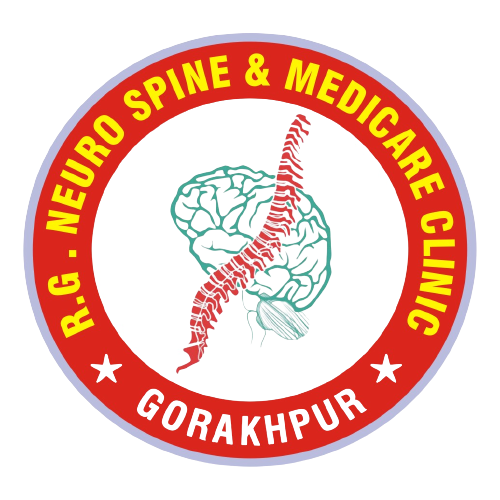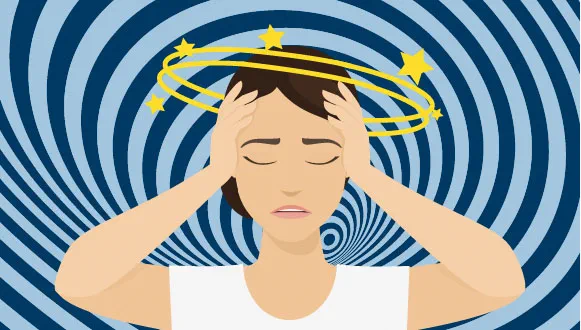Vertigo
Causes
Central vertigo is caused by problems in part of your brain, such as the cerebellum (which is located at the bottom of the brain) or the brainstem (the lower part of the brain that’s connected to the spinal cord). Causes of central vertigo include migraines and, less commonly, brain tumours
Symptoms
- Problem focusing the eyes.
- Dizziness.
- Hearing loss in one or both ears.
- Loss of balance (may cause falls)
- Ringing in the ears.
- Nausea and vomiting, leading to loss of body fluids.
Treatment
Medicines, such as prochlorperazine and some antihistamines, can help in the early stages or most cases of vertigo. Many people with vertigo also benefit from vestibular rehabilitation training (VRT), which is a series of exercises for people with dizziness and balance problems
Diagnosis
And you may be given an eye motion test in which water or air is placed in your ear canal. Head movement testing. If your doctor suspects your vertigo is caused by benign paroxysmal positional vertigo, he or she may do a simple head movement test called the Dix-Hallpike maneuver to verify the diagnosis. Posturography

